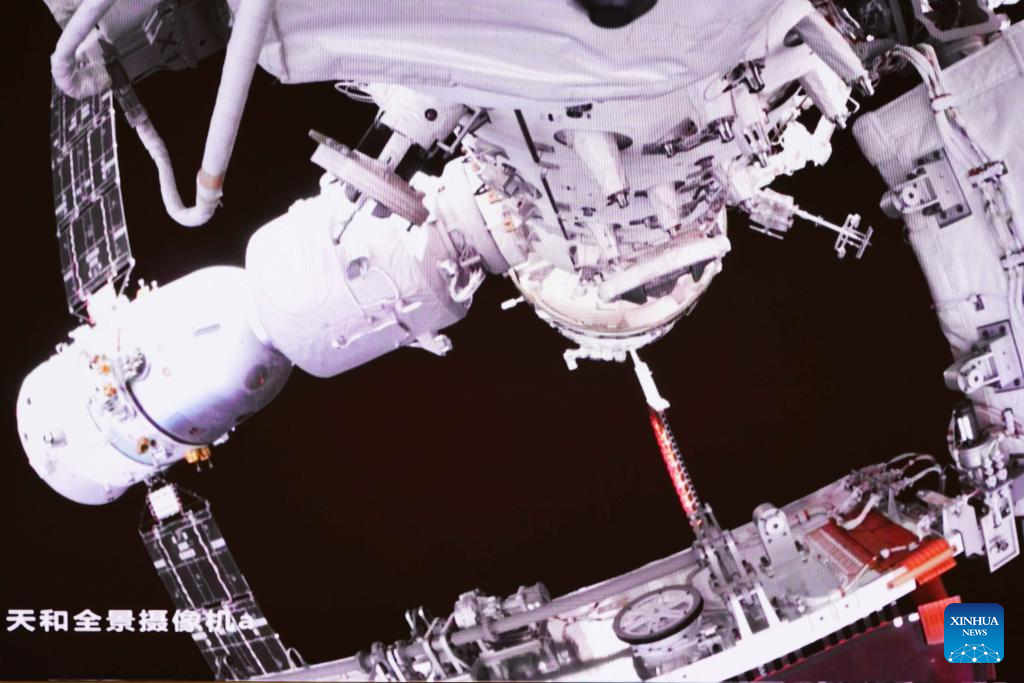
(CFP Photo)
Jiangsu Province held a meeting on July 27 to promote a new round of pollution control at Taihu Lake, the country's third largest freshwater lake.
From January to June, the lake's average water quality was recorded as Class IV, according to Jiang Wei, director of the province's Department of Ecology and Environment. Specifically, the concentration of total phosphorus stood at 0.051mg/L, similar to the figure for the same period last year, and the total nitrogen declined by 18.7% year-on-year to 1.26mg/L.
The province aims to consistently improve the lake's water quality and reach Class III by 2030, according to the new action plan.
Wuxi mayor Zhao Jianjun said that the city will fully implement the yearly plan of 169 key projects with a total investment of over 11 billion yuan, highlighting the nitrogen and phosphorus management as well as speeding up the dredging, algae removal and ecological restoration.
Changzhou plans to address the root causes of water pollution and promote long-term efforts, with priorities given to the integrated management of water environment, the construction of ecological buffer zones and ecological restoration, according to the city's mayor Sheng Lei.
In the meeting, Zhang Xing, deputy director of the province's Department of Industry and Information Technology, said the department will foster an industrial structure that reduces pollution and carbon emissions at the Taihu Lake basin, with the aim of upgrading 400 green factories, five green industrial parks, and eight green supply chain management enterprises recognized at and above the provincial level by the end of 2025.
Chen Haodong, deputy director of the province's Housing and Urban-Rural Development Department, said Jiangsu will further improve the capacity of sewage collection and treatment in townships, and make sure the centralized collection and treatment rate of domestic sewage in cities can reach 88% by 2025.
Lu Weidong, secretary of the Party Leadership Group at the Department of Ecology and Environment, stressed the importance of key tasks, such as the administration of companies associated with phosphorus products, the collection and treatment of domestic sewage, and cleaner aquaculture production.




















